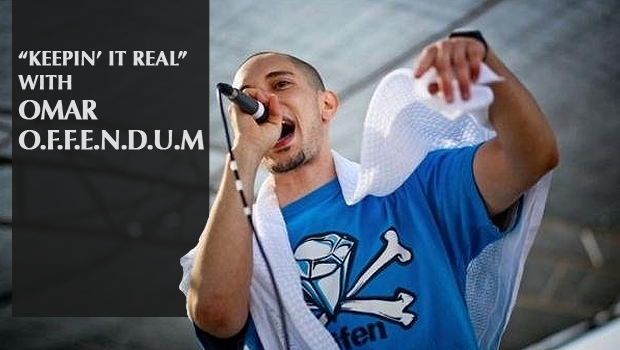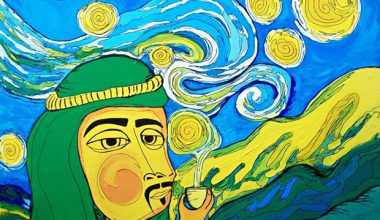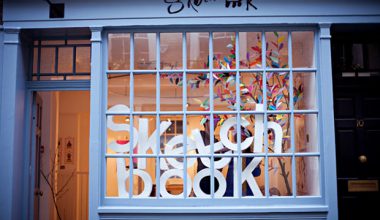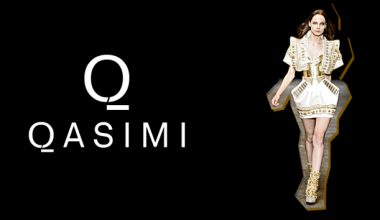 Authentic experiences and an insight that shapes his lyrics is what makes Omar Offendum’s art so soul stirring. It evokes an internal rhythm that only a true lyricist is capable of. Even if you are not usually inclined towards hip-hop, Omar’s apparent primary mode of artistic expression,the sincerity and originality of his lyrics have an almost hypnotic quality.
Authentic experiences and an insight that shapes his lyrics is what makes Omar Offendum’s art so soul stirring. It evokes an internal rhythm that only a true lyricist is capable of. Even if you are not usually inclined towards hip-hop, Omar’s apparent primary mode of artistic expression,the sincerity and originality of his lyrics have an almost hypnotic quality.
Performing at the debut of ‘Broken Records’ – a documentary about Arab hip-hop directed by Northwestern University students in Qatar-, Omar comes across as smooth. The crowd loves him as he toys with lyrics;seamlessly switching between Arabic and English. His performance is captivating and the energy is palpable. It’s not long into his performance before you realize that this is not ‘just-another-hip-hop-artist’. His songs are loaded with metaphor and his delivery shows a deep connection with his work and subject matter.
There is a sense that there is a depth to this artist,of which his songs are only one type of manifestation. As I investigate a little more I learn that Omar is a practicing architect too. He tells me that the ancient Greeks called architecture ‘frozen music’, and that he can see a relationship between all forms of art. Synthesis and harmony is what Omar exudes when it comes to art, but this also translates into issues surrounding his identity.
Of Syrian descent, born in Saudi Arabia and raised in Washington, Omar found a spotlight focused on his Arab Muslim identity after the attacks on the Twin Towers. He was at a University in Virginia at the time and turned this attention that was placed on him to his advantage, using hip-hop as a platform to bring two seemingly opposed sides of his identity together. He believes that hip-hop can break down political barriers that have been imposed on Arab people, often making reference to ideas of pan-Arabism – not in a negative nationalistic sense – he is careful to clarify.
It seems as though unity is an overarching theme for him, often focusing on similarities and ‘building’ instead of using the ‘Angry Arab’ rhetoric. The firm sense of identity and sense of self is evident as Omar tells us that he tried to re-frame the argument, moving from an apologetic stance about the Arab Muslim to a place where he could say ‘this is who I am’. He seems to be comfortable in both spaces: the Western and Arab domains, and doesn’t see a conflict between the two. It seems that through his work he is trying to bridge some gaps between these two worlds.
The paradox of this artist is that his identity seems so clearly defined yet it is so difficult to pin down or to pigeonhole. It seems that there is a harmonious confluence of influences and cultures. About influences, he says that some of his ideologues include Edward Said, Noam Chomsky and the Prophet Mohammed. The shaping of his poetic and lyrical background came from being exposed to Arab and ‘Western’ poetry as well as Arab folktales.
In collaboration with a host of other renowned artists, Offendum released a song honoring the heroes of the recent Egyptian revolution – the Egyptian people. It circulated widely on social media sites and YouTube. Cleverly titled #Jan25, it made reference to the ‘hash’ (#) symbol used by the social networking tool twitter, which was an instrumental tool in the revolution. He believes that the Egyptian people have realised a sense of personal liberty, and this is revolutionary.
There is a careful balance of realism and optimism in his lyrics which is refreshing.Talking about the current changes in the Arab world, Omar says that he would like to ride this wave of optimism, push it through and see it to its fullest.
Nothing with Omar can be taken at face value, with many things from his stage name O.F.F.E.N.D.U.M to the title of his debut album ‘Syrianamericana’ to the lyrics of his tracks, having layered meaning and significance. Syriana is the name given by a think tank to a fictitious state which would serve American oil interests in the Middle East. Syrianamericana, a word that he created, refers to ‘a nation-state of mind where everything is connected and everyone is welcome.’
While I preferred his live performance, the debut album is commendable. It reveals itself slowly and in stages. It gives a flavor for Arab culture using the American medium of hip-hop – it works. The tracks vary in theme and style. One of the tracks is an Arabic translation of Langston Hughes’ poem ‘The Negro speaks of rivers’. This American poem alluding to historical roots seems completely comfortable in Offendums Arabic performance. He also dabbles in old-school Arabic poetry, making it relevant for the YouTube generation.
Aside from his artistic and academic endeavours, Omar is passionate about social justice. He works both with a large charitable organisations as well as local community groups.He also focuses on youth development and empowerment.He is probably already a role model for many young people struggling through issues of identity in a highly globalized world. Talking about these projects I hear a renewed enthusiasm in his voice. He seems to have a universal type of compassion, saying that ‘oppression anywhere is oppression everywhere’.
His debut album is available online and the #Jan25 track is sure to focus some well deserved international attention on this well rounded artist.
For more information on Omar O.F.F.E.N.D.U.M, check out his MySpace page , or his blog. Links to YouTube videos here
– Ayesha Jacub







